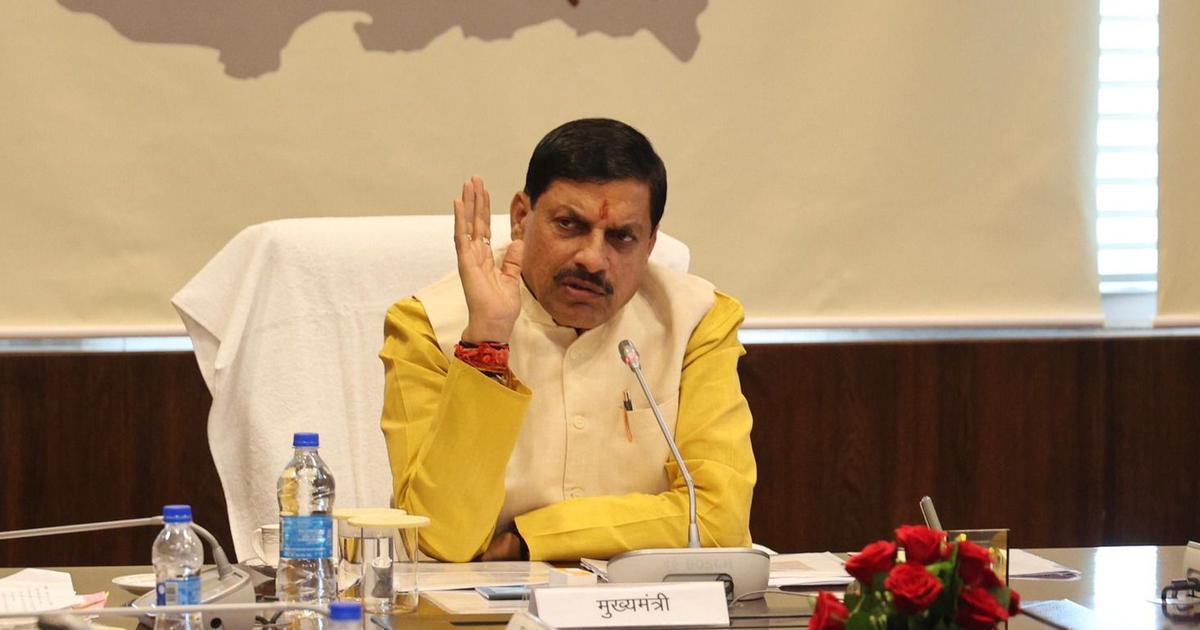
Mohan Yadav announced a prohibition of alcohol sales that now affects 17 religious towns throughout Madhya Pradesh. The initiative takes place during the 300th anniversary celebration of Maratha ruler Devi Ahilyabai Holkar. The prohibition applies to Ujjain, Orchha, and Maheshwar among the affected locations. The government introduced this measure because it wants to protect holy sites from alcohol sold there yet needs to handle Madhya Pradesh's mixed social and economic realities.
Objective
The prohibition targets the persistent public health concerns as well as sacred nature protection in religious sites located throughout these towns.
Historical Context of Prohibition in Madhya Pradesh
-
Within the history of political governance in Madhya Pradesh prohibition patterns have repeatedly emerged.
-
The 1990s initiative of Madhya Pradesh Chief Minister Digvijaya Singh to shift liquor stores based on public feedback failed because of poor enforcement which allowed illegal booze distribution to surge.
-
The prohibition plan executed by Madhya Pradesh Chief Minister Shivraj Singh Chouhan who alongside leader Uma Bharti banned liquor shops along the holy Narmada River fell short of achieving complete prohibition.
Economic Implications of Liquor Sales
-
The alcohol industry amounts to approximately one-fifth of the total state financing.
-
Liquor sales provided ₹13,590 crore to the excise department in 2023 which mainly finances state welfare plans together with infrastructure-building initiatives.
-
Strengthening alcohol revenue stream makes it harder for Madhya Pradesh to enforce total prohibition measures.
Cultural Resistance to Prohibition
-
The state exhibits strong traditional connections with producing alcohol which tribal groups have maintained throughout history.
-
A large segment of society believes that prohibition undermines their culture together with their economic resources.
-
The majority of state residents oppose sweeping prohibition policies due to cultural conflicts which upsets the balance between cultural heritage maintenance and public health priorities.
Background of Liquor Ban in India
-
According to Mahatma Gandhi prohibition in India developed from his view that alcohol acted as a disease instead of as a moral wrongdoing.
-
After India gained independence Gandhians advocated for total alcohol prohibition which led to the addition of Article 47 into the nation's Constitution.
-
State Haryana has implemented prohibition policies which did not succeed because of illegal alcohol manufacturing and underground smuggling rings.
-
When introduced in 1960 Gujarat started its prohibition as Bihar did in 2016 yet both states deal with illegal alcohol within their borders.
-
Five Indian states including Bihar Gujarat and Lakshadweep alongside Nagaland and Mizoram enforce complete alcohol prohibition regulations throughout their territories.
The Indian Constitution's View of Alcohol
-
Regarding alcohol prohibition, the state must take active steps according to Article 47 of the Directive Principles of State Policy (DPSP) but these efforts should not affect medicinal consumption.
-
Under constitutional perspectives, alcohol exists as an unfavorable substance that requires regulatory control.
-
The Seventh Schedule gives states complete freedom to make rules about alcohol through their legislative authority across their territories.
Challenges to Alcohol Bans in States
The inducing need for liquor-based revenues prevents states from carrying out total alcohol bans.
Maharashtra generated ₹11,000 crore of liquor revenue during the Covid lockdown in April 2020 showing how dependent their finances were on alcohol sales.
Pros and Cons of Prohibition
-
Pros:
-
Research finds alcohol as a factor in domestic violence alongside evidence that prohibition has resulted in reductions in woman abuse as observed in Bihar.
-
-
Cons:
-
Prohibition functions as a growing foundation for criminal organizations and illegal markets which introduce additional problems through counterfeit liquor circulation.
-
People in lower socioeconomic communities face higher risks because they lack access to safe alcohol which drives them to drink illegal alcoholic substances.
-
Judicial systems face excessive caseloads because Bihar currently maintains millions of pending prohibition cases.
-
Way Forward
The adoption of a complex regulatory strategy becomes essential to achieve health protection and alcohol management equilibrium.
-
Regulation of alcohol: Protocol reform should expand to include strict enforcement against impaired driving along with regulations that limit alcohol promotion along with warnings about dangerous alcohol overuse.
-
Behavioral counseling: Like developed nations, we should implement public awareness initiatives about alcohol risks to allow people to make informed decisions.
Conclusion
Madhya Pradesh took a major step forward by banning liquor stores in 17 religious areas to address alcohol problems in holy sites according to public health standards and religious traditions. Controlling the socioeconomic consequences of alcohol profit continues to be a major problem specifically for communities who rely heavily on their traditional beer production activities. Past alcohol prohibition efforts failed because of inadequate enforcement together with widespread community opposition. To achieve the successful implementation of this initiative it will need a comprehensive strategy that combines stakeholder dialogues along with practical alcohol reduction methods and systemic support for communities affected by alcohol.




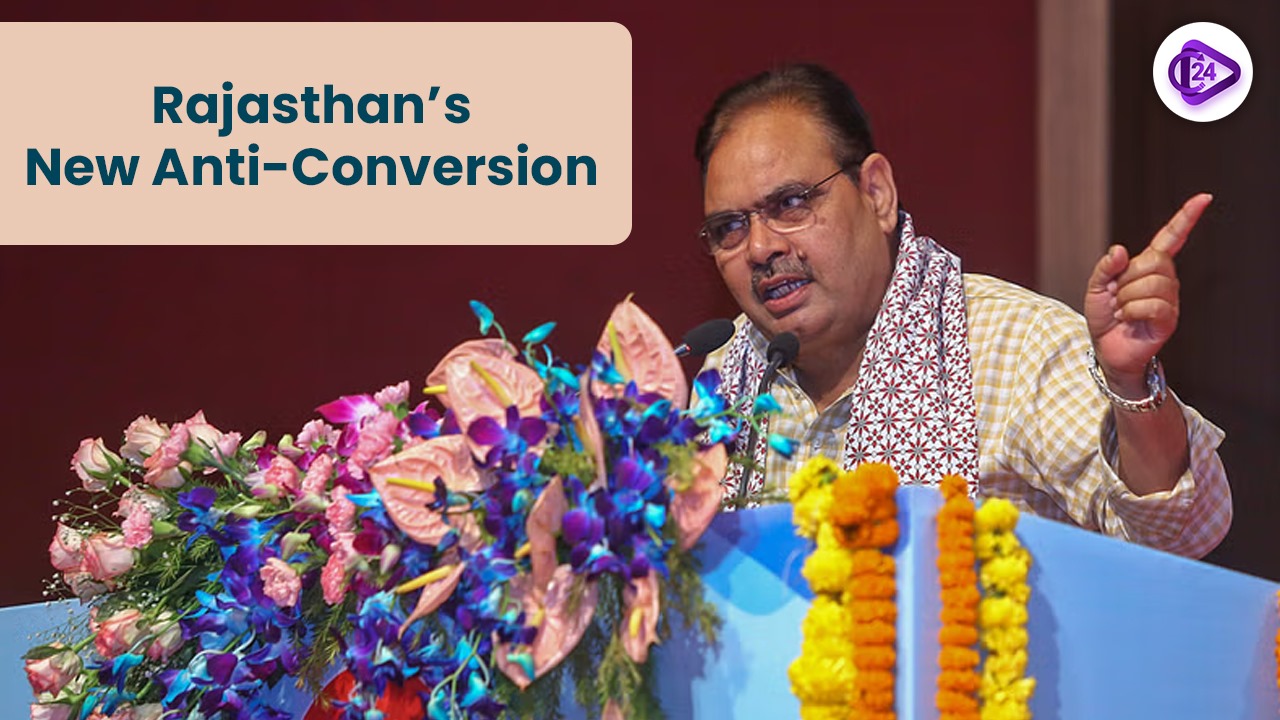 Rajasthan Anti-Conversion Law 2025 Strengthens Religious Safeguards
Rajasthan Anti-Conversion Law 2025 Strengthens Religious Safeguards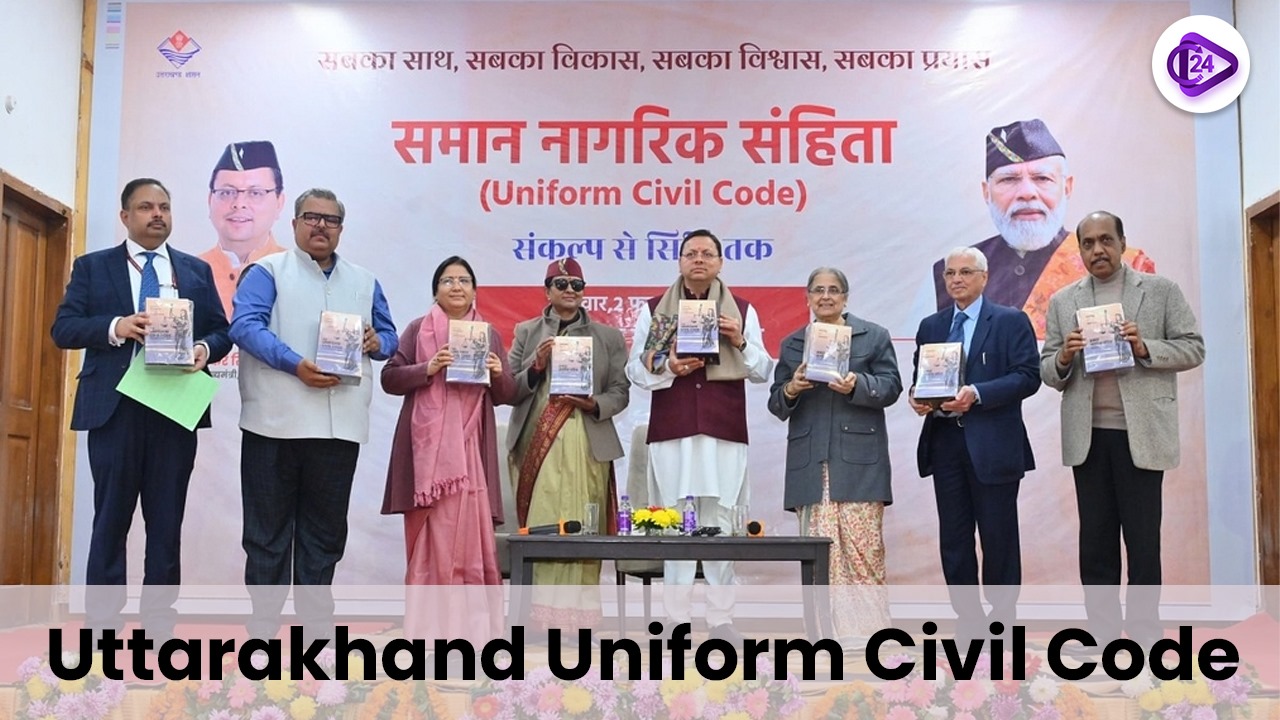 Live-in Relationships Under the UCC Act: Legal Boundaries
Live-in Relationships Under the UCC Act: Legal Boundaries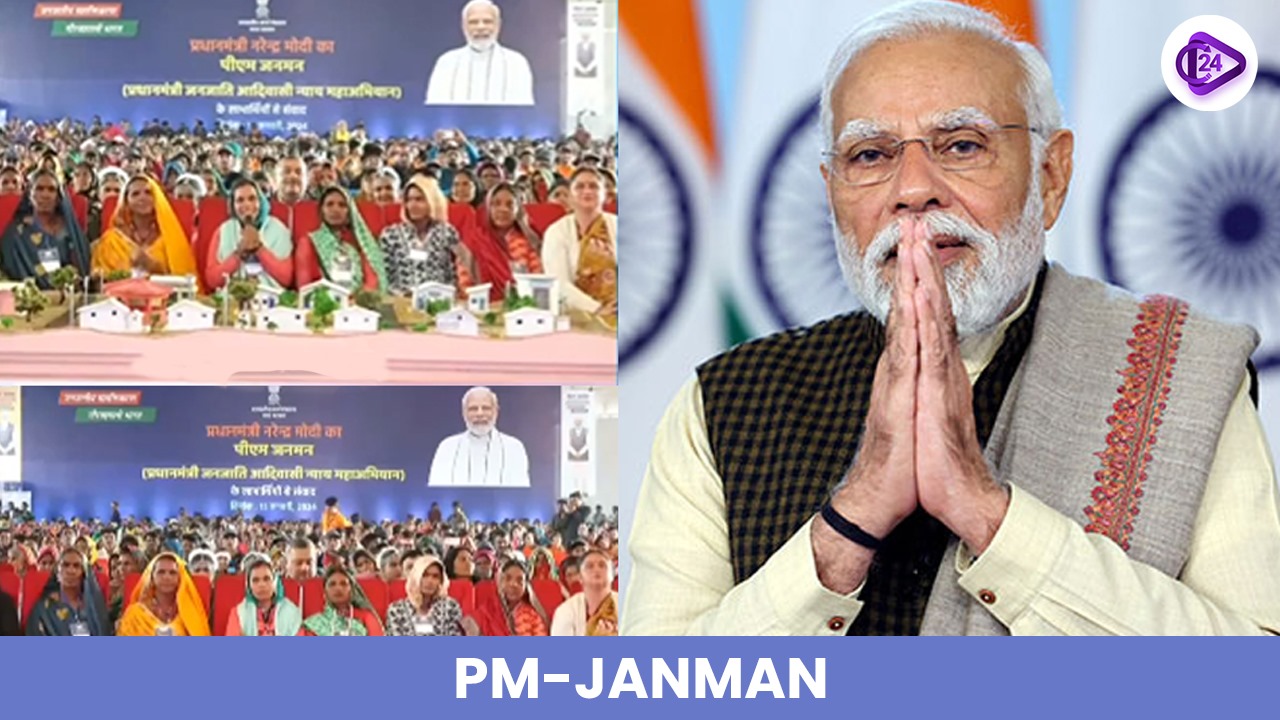 PM-JANMAN projects set to boost growth and prosperity in Maharashtra
PM-JANMAN projects set to boost growth and prosperity in Maharashtra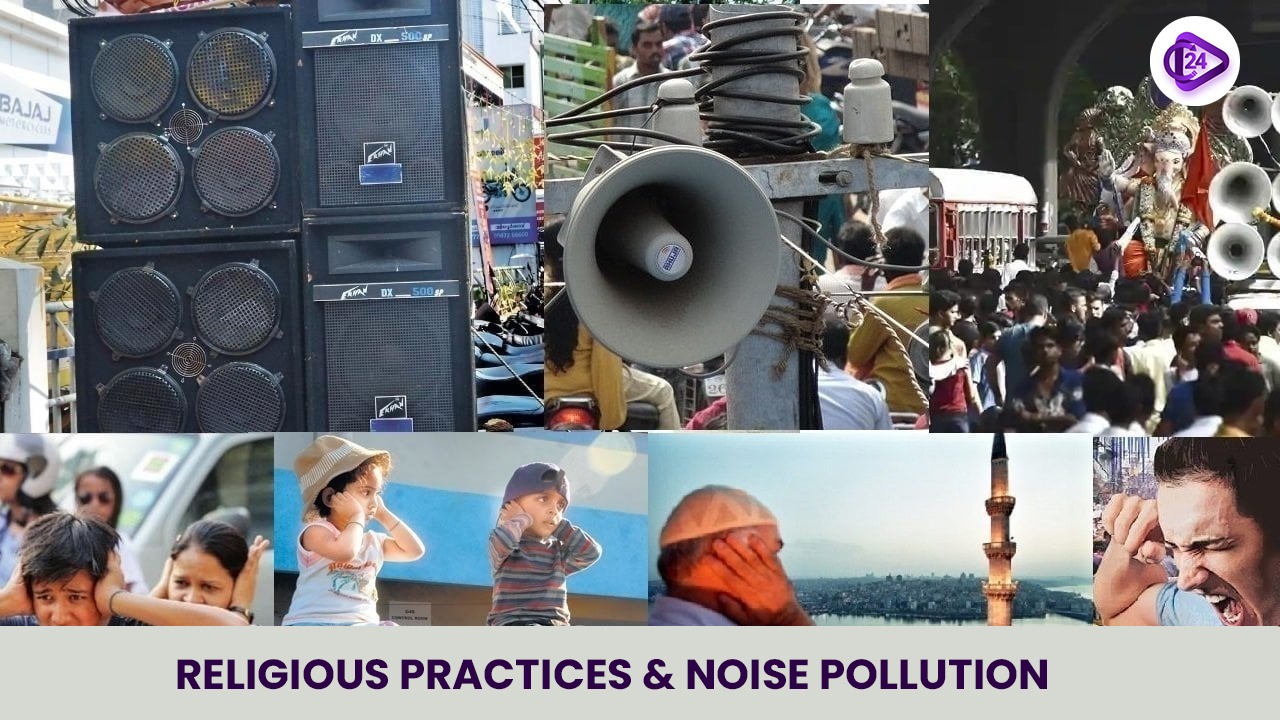 Bombay High Court Tightens Noise Rules: Loudspeakers Not Essential for Religious Practices
Bombay High Court Tightens Noise Rules: Loudspeakers Not Essential for Religious Practices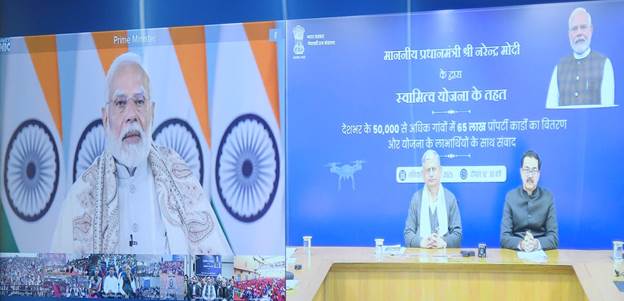 SVAMITVA Scheme to issue property cards in villages
SVAMITVA Scheme to issue property cards in villages Marathi Granted Classical Language Status: A Milestone for Maharashtra
Marathi Granted Classical Language Status: A Milestone for Maharashtra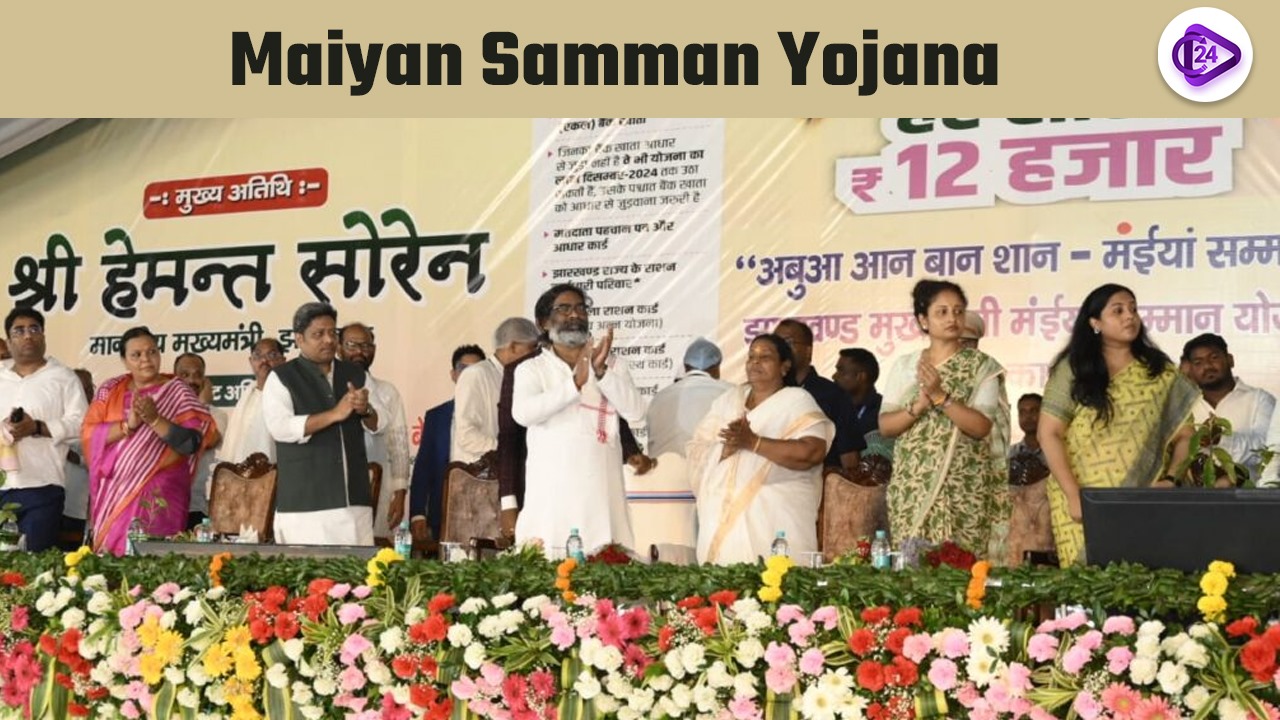 Maiyan Samman Yojana: Jharkhand Initiative for Women's Empowerment
Maiyan Samman Yojana: Jharkhand Initiative for Women's Empowerment Union Home Minister to Launch BHARATPOL Portal Developed by CBI
Union Home Minister to Launch BHARATPOL Portal Developed by CBI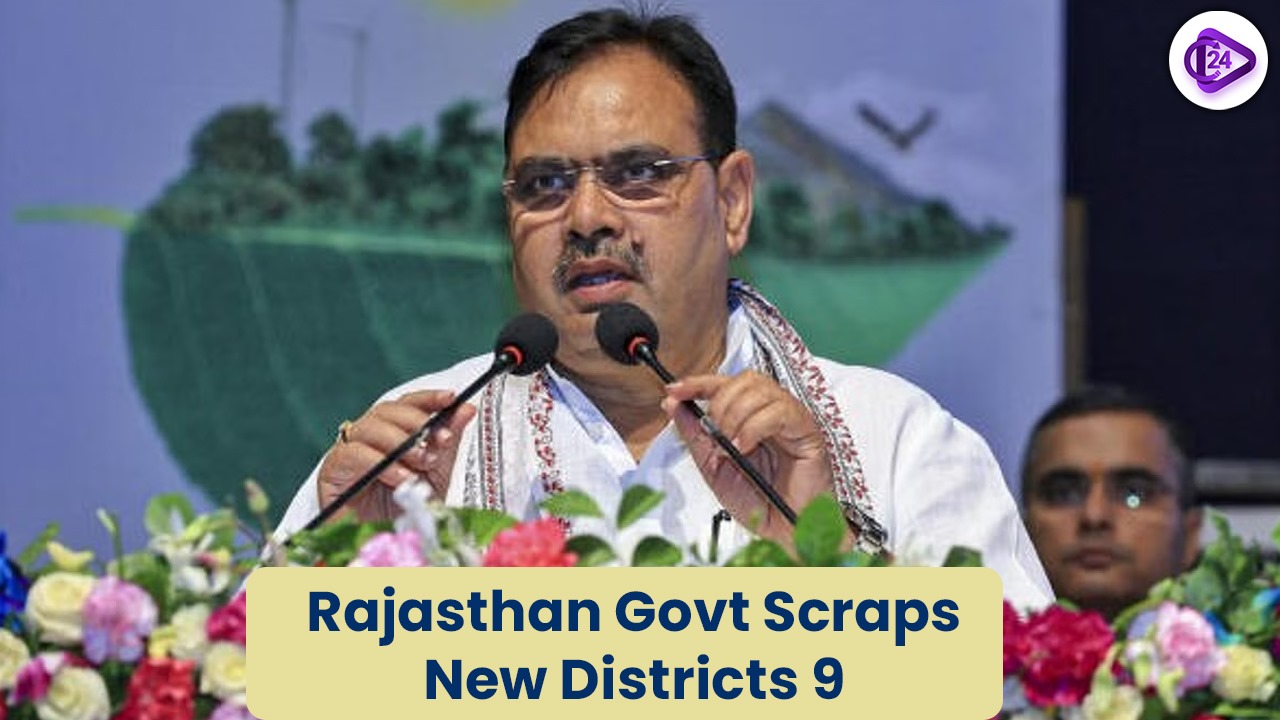 Rajasthan Government Dissolves 9 Newly Created Districts
Rajasthan Government Dissolves 9 Newly Created Districts






